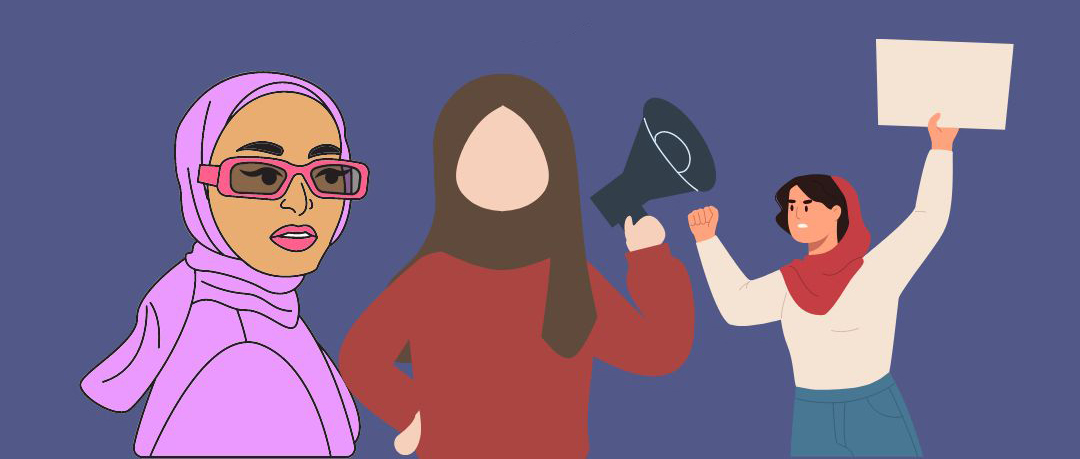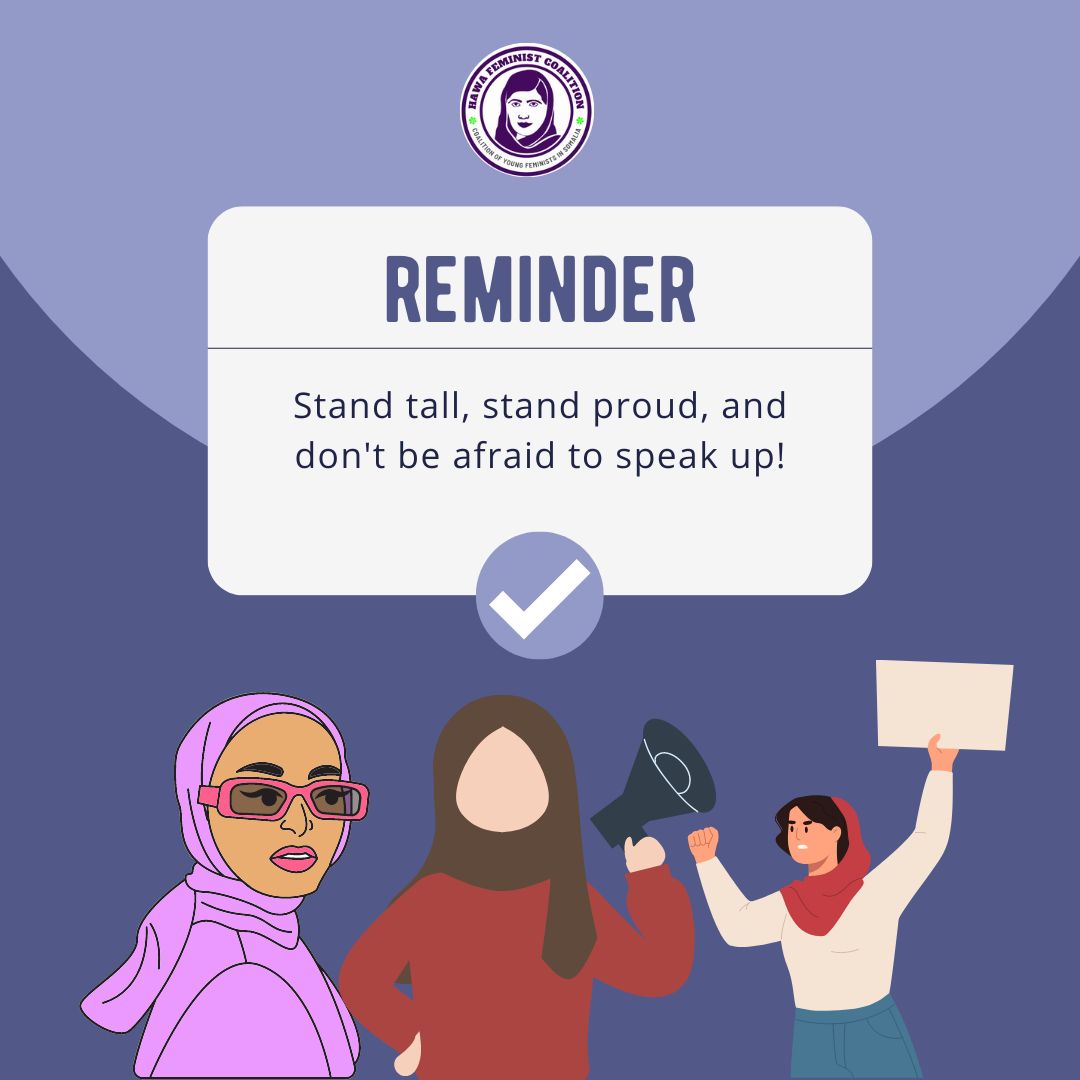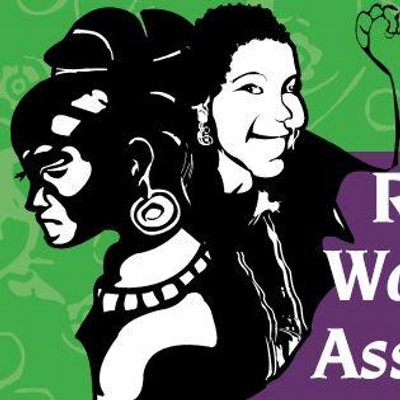
Photo illustration: Hawa Womens’ Coalition
The 8th of March is globally known as “International Women’s Day” — a day that celebrates the struggles and economic, political and social achievements of women past, present and future.
We continue to recognize and celebrate the important and significant contributions of womens and feminist movements who are leading the way for change in the development of truly inclusive and participatory societies (political, social, cultural, and gender justice).
Get to know some of the feminist and womens’ movements that Karibu has supported in the past few years:
Hawa Feminist Coalition
The Hawa Feminist Coalition was founded by young feminists all under the age of 35. Hawa is the first and only young women and girls-led organization grounded in principles of feminism that explicitly comes out to challenge the root causes of the existing inequalities, rights violations and injustice against women and girls in Somalia. They aim to promote the safety, equality, justice, rights and dignity of girls and young women in Somalia.
The women of Hawa use the influence of art, music, culture, poetry, social media, feminist activism to promote the safety, equality, justice, rights and dignity of girls, young women and other marginalized groups. They are currently working to mobilize emerging female poets in the country who are challenging patriarchal norms and gender-based violence.


POSSIBLE FUTURES
POSSIBLE FUTURES is a feminist collective of women from the global South who aim to make visible the South’s stories and narratives of a history of colonisation and oppression. They aim to formulate regenative narratives that are relevant to contexts and cultures of the South.
POSSIBLE FUTURES’ “Museums x Planetary Regeneration Goals (PRGs)” project aims to engage museum-goers and artists in co-creating global south perspectives on planetary regeneration. Through dialogic workshops, they engage people in Latin America, Africa, and Asia to co-develop concepts around justice, equity, and wellbeing in the global South.
Rural Women’s Assembly (RWA)
Rural Women’s Assembly (RWA) is a feminist membership formation of grassroot rural women farmers brought together by common struggles and defense of the commons (land, sea, seeds, water and our eco-system) in Southern Africa. It is a self-organised, self -managed, autonomous movement of marginalised rural women, and it consists of national rural women’s movements, assemblies, grassroots organisations and chapters of mixed peasant unions, federations and movements across eight countries in the SADC region.
RWA Zimbabwe is organizing “Transformative Feminist Political Leadership Trainings” that uses training techniques such as grassroot organising and mobilisation, constructive troublemaking tactics, power analysis, and transformative and creative feminist leadership skills.
RWA Zambia is organizing trainings in Agroecology, which puts focus on women’s right to land and to indigenous seeds – especially in the face of the impacts of climate change. The project aims to empower women to know their rights to land and seeds, and to protect indigenous varieties of food and trees for future generations. This is especially relevant in light of the UN “Declaration on the Rights of Peasants and Other People Working in Rural Areas” (UNDOP) adopted in 2018.


New Profile
New Profile is an Israeli feminist movement that opposes militarism in Israel. They struggle to decrease the influence of militarism on daily life, and make Israeli society more civil, tolerant, and peaceful. They promote a critical discourse regarding the effects of militarism on their society and the individuals within it. New Profile counsels Israeli refusers and those who independently seek exemption, as well as promotes critical discourse in schools regarding the relationship between the military and society in Israel.
As we continue the joint struggle for a just and equal world, Karibu celebrates these and other womens and feminist movements’ significant efforts! For Karibu, feminist principles and agendas continue to be critical objectives to advance in our own work and with all grantee partners.
